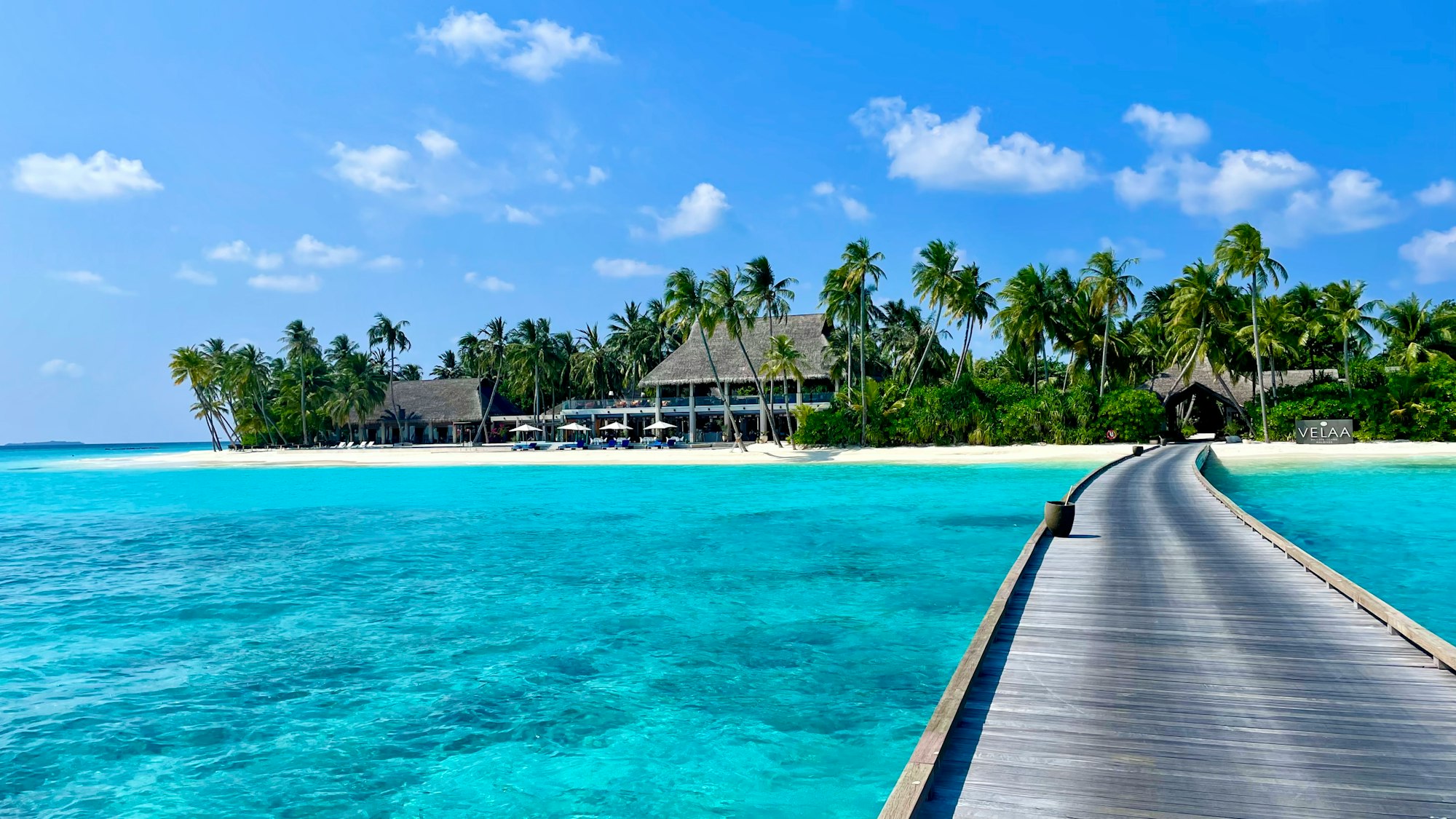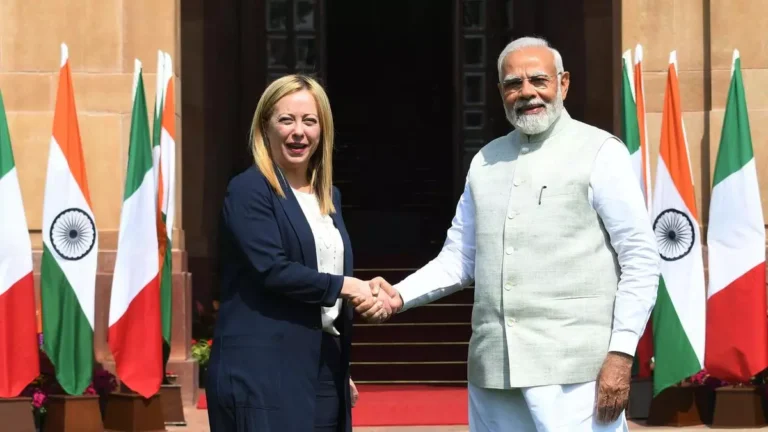
In the azure expanse of the Indian Ocean, beneath the tranquil waters and amidst the idyllic atolls of the Maldives, a complex geopolitical dynamic quietly unfolds. While the Maldives has long been celebrated as a tropical paradise, it has also become an arena for strategic competition between regional powers, most notably India and China. This simmering rivalry, often characterized as a “cold war,” has implications that reverberate far beyond the sun-kissed shores of this island nation.
1. The Strategic Chessboard: Key Players and Motivations
At the heart of the Maldives-India cold war are the strategic interests of the major players vying for influence in the region. For India, the Maldives represents not only a crucial maritime neighbor but also a buffer against encroaching Chinese influence in the Indian Ocean. With its proximity to major sea lanes and strategic chokepoints, the Maldives holds significant geopolitical importance for India’s maritime security and regional power projection. On the other hand, China sees the Maldives as a key node in its ambitious Belt and Road Initiative (BRI), leveraging infrastructure investments and economic ties to expand its influence in the Indian Ocean region.
2. The Diplomatic Dance: Maneuvering for Influence
Against the backdrop of these strategic imperatives, both India and China have engaged in a delicate dance of diplomacy and economic engagement with the Maldives. India has historically enjoyed close ties with the Maldives, bolstered by cultural affinity, economic cooperation, and defense agreements. However, recent years have seen a strain in this relationship, particularly following the Maldives’ decision to sign a free trade agreement with China and lease islands for development projects under the BRI. This shift has raised concerns in New Delhi about Beijing’s growing footprint in its traditional sphere of influence.
3. The Battle for Hearts and Minds: Soft Power and Public Opinion
In addition to traditional diplomatic maneuvers, the Maldives-India cold war is also fought on the battleground of public opinion and soft power. Both India and China have sought to win hearts and minds in the Maldives through cultural exchanges, development assistance, and media outreach. India’s Bollywood films and cultural ties have long held sway in the Maldives, while China has invested heavily in infrastructure projects and economic development initiatives. The competition for influence in the Maldives extends beyond geopolitical maneuvering to shape the perceptions and allegiances of its people.
4. Navigating the Future: Challenges and Opportunities
As tensions simmer beneath the surface, the Maldives finds itself at a crossroads, balancing competing interests while charting a course for its own future. While the allure of Chinese investment promises economic growth and development opportunities, it also raises questions about sovereignty, debt sustainability, and environmental impact. Likewise, India’s strategic embrace offers security assurances and historical ties but comes with its own set of expectations and constraints.
In navigating the complexities of the Maldives-India cold war, policymakers in Male must tread carefully, balancing the competing demands of global power politics with the aspirations of its own people. For India and China, the Maldives represents both a prize to be won and a potential flashpoint in their broader struggle for dominance in the Indian Ocean. As the currents of geopolitical competition ebb and flow, the Maldives remains a pivotal player in a high-stakes game of strategic chess in one of the world’s most geopolitically significant regions.




